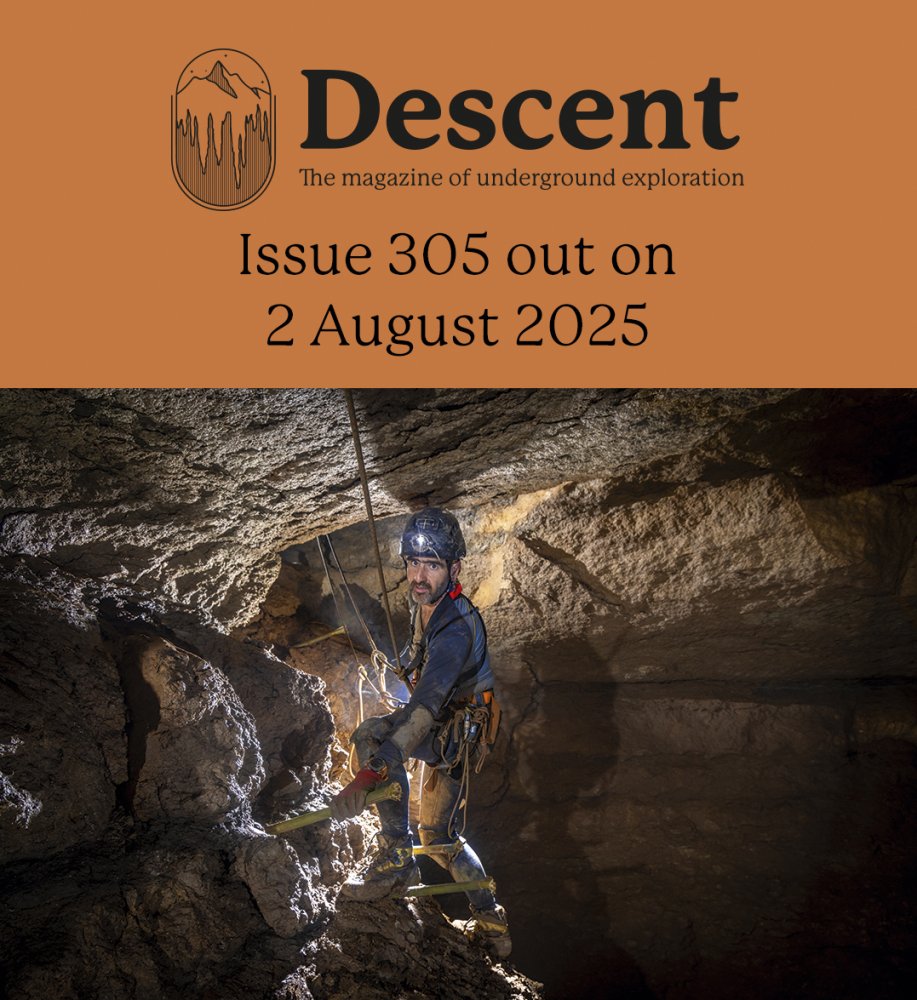Pitlamp
Well-known member
Not sure if this is the best place to post this question - but here goes.
Can anyone advise on the optimum humidity range for a caving club library?
We have humidity meters monitoring ours - and monitoring the effect of running a dehumidifier (which is considerable). But there's no point having the dehumidifier on any more than necessary to ensure the material isn't going to degrade.
I'd be grateful if anyone can point me in the right direction; thanks.
Can anyone advise on the optimum humidity range for a caving club library?
We have humidity meters monitoring ours - and monitoring the effect of running a dehumidifier (which is considerable). But there's no point having the dehumidifier on any more than necessary to ensure the material isn't going to degrade.
I'd be grateful if anyone can point me in the right direction; thanks.


